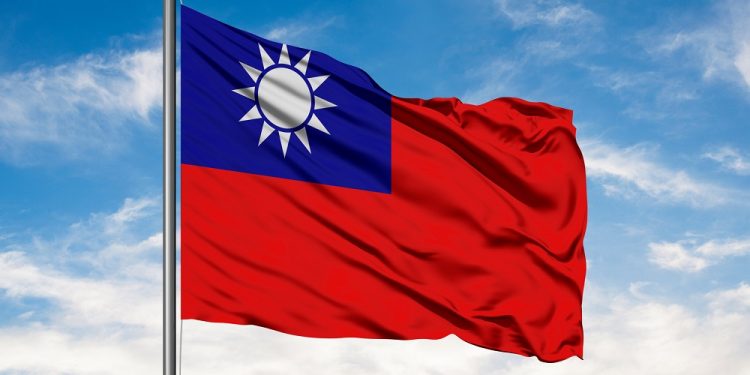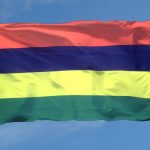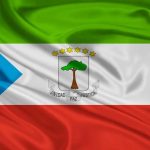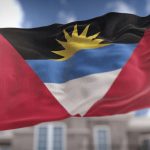
Taiwan’s Retrocession Day
Retrocession Day is an unofficial holiday and public observance in Taiwan that commemorates the end of Japanese rule over Penghu and Taiwan. It was formerly a public holiday, but that status has since been revoked.
This holiday is observed annually on October 25th, but it isn’t widely celebrated because the legitimacy of Taiwanese retrocession is disputed. Some supporters of Taiwanese independence argue that there is no precedent in international law where an instrument of surrender effected a transfer of sovereignty. This stance is based on a declassified Central Intelligence Agency report from 1949, which confirmed that Taiwan was never part of the Republic of China.
The History of Retrocession Day in Taiwan
When the Qing Empire was defeated in the First Sino-Japanese War in 1894, Taiwan (then known as Formosa) became a colony of the Empire of Japan under the 1895 Treaty of Shimonoseki. Japan’s rule over Taiwan lasted until the end of World War II. In November 1943, Chiang Kai-shek participated in the Cairo Conference.
Also in attendance were Winston Churchill and Franklin D. Roosevelt, two leaders who advocated for Japan to return all of its annexed territories, including the Penghu Islands and Taiwan. The U.S., U.K., Soviet Union, and China drafted Article 8 of the Potsdam Proclamation, which reiterated the provisions of the Cairo Declaration and insisted on their implementation.
Observing Retrocession Day in Taiwan
This holiday is observed by various groups in Taiwan, with some supporting Taiwanese retrocession and others opposing it. The day is marked with speeches, exhibitions, and other special events.
Since it is now a non-official public holiday, many schools, government agencies, and businesses remain open. It is also not a day off for the general population. The hashtag #TaiwanRetrocessionDay can be used on social media to draw attention to this holiday.








